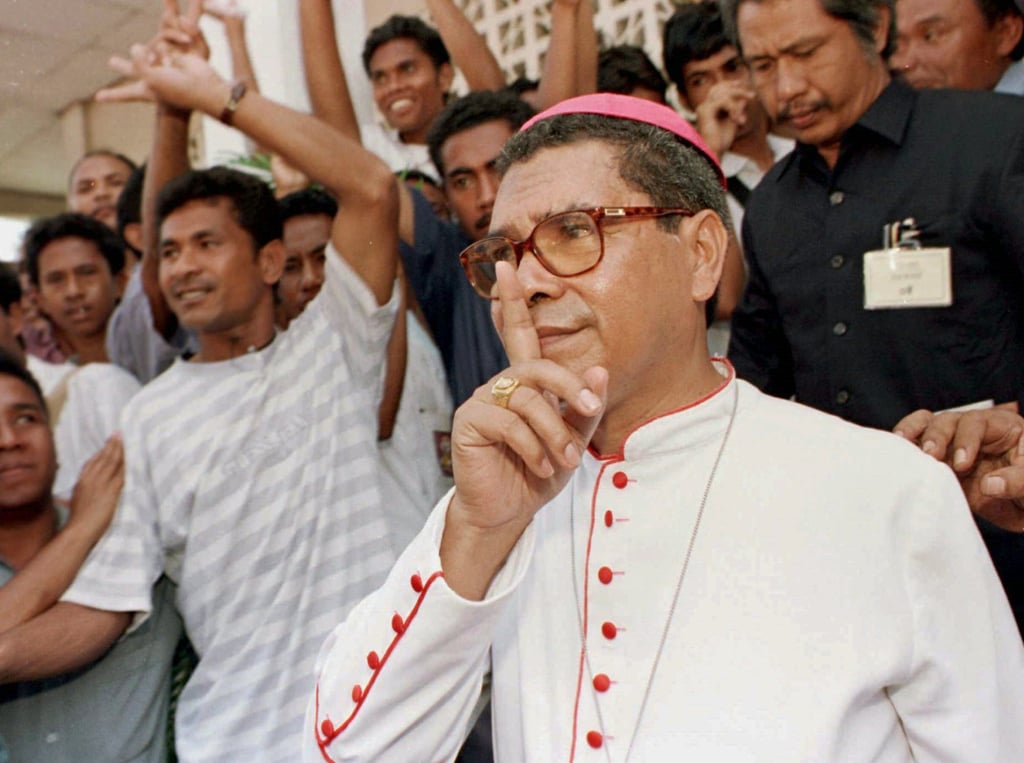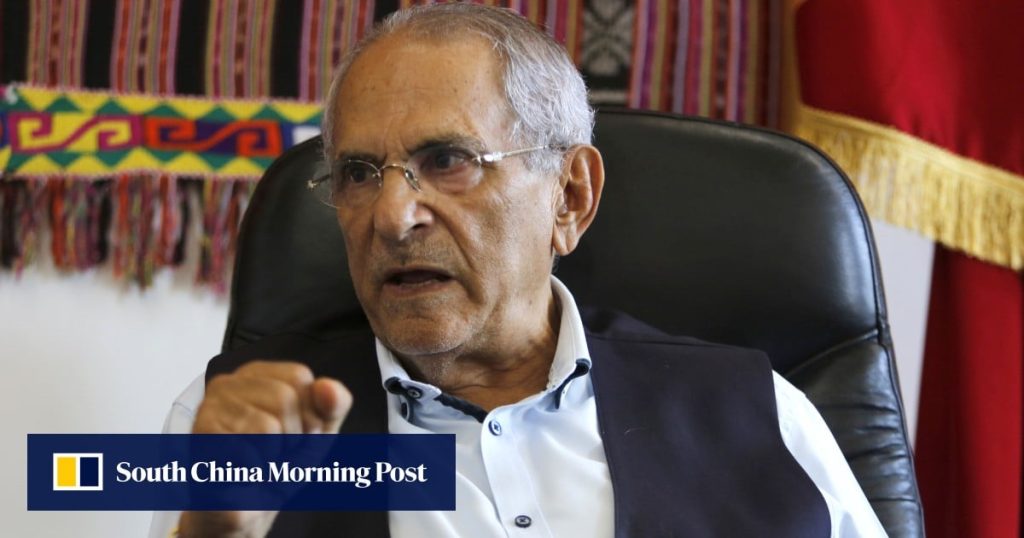In East Timor’s presidential palace in the capital Dili, President Jose Ramos-Horta leans back in his chair, radiating a calm demeanour ahead of a momentous occasion in his country’s young history.
“We are in the last few hours before joining Asean,” he told This Week in Asia. “Looking back, it has been a 23-year journey since independence was proclaimed … and when I look at where we were then compared to now, it is like heaven and hell.”
On Sunday in Kuala Lumpur, East Timor is set to formally become the 11th member of the Association of Southeast Asian Nations, the culmination of a diplomatic campaign that began in 2011.
For one of Asia’s smallest countries, this accession symbolises not just a coming of age – it represents a potential springboard for international investments, regional integration and its long-term sustainability.
For Ramos-Horta – a 75-year-old Nobel Peace Prize laureate and one of the country’s founding fathers – it epitomises a country’s struggle to emerge from a dark period of its history to a hopeful future.
Home to around 1.4 million people, East Timor occupies the eastern half of the island of Timor, wedged between Indonesia and Australia. After centuries of Portuguese colonial rule, it declared independence in 1975, only to be invaded and annexed by Indonesia days later. A brutal 24-year occupation followed, during which at least 100,000 people are estimated to have died from violence, famine and disease.



